Analysis: Are Cork city councillors wasting time discussing international issues?
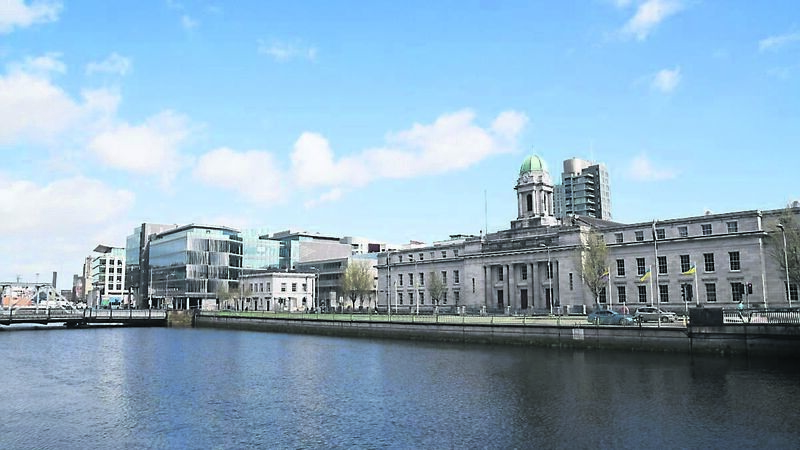
While most of the motions heard in the council meetings are related to local issues, which the council’s executive management team have some extent of control over, there are often motions related to national issues — with elected members proposing Cork City Council write to a Government minister or department.
Motions on international issues at Cork City Council meetings have frustrated several councillors, with some suggesting that it can deprive the rest of the councillors of their input on Cork-related issues.
While most of the motions heard in the council meetings are related to local issues, which the council’s executive management team have some extent of control over, there are often motions related to national issues — with elected members proposing Cork City Council write to a Government minister or department.
While most councillors engage in debates on national motions and often vote in favour of sending letters on the basis of them, concerns have been raised about the number of council motions on international issues.
At January’s council meeting, 19 motions were heard under the umbrella of transport and mobility, then six under strategic, economic development, enterprise, and planning, and then two under housing.
Councillors spoke on their own motions and members of the council executive in relevant departments provided further information, before other councillors debated the merit of accepting their colleagues’ proposals.
Green Party councillor Dan Boyle, Lord Mayor of Cork, significantly cut down the time spent discussing motions by inviting debate on several related motions at once rather than tackling them all individually — which had taken over four hours previously.
‘Other’ motions, can include topics such as community policing, bus schedules, pollution of the Glasheen river, and primary care centres.
However, over the last year, motions on issues related to Palestine have become more common — as well as other international conflicts — with councillors suggesting the council condemn attacks or vow to support the work of organisations or groups.
At January’s council meeting, Labour councillor Peter Horgan proposed: “That this council supports the work of UNRWA [United Nations Relief and Works Agency] and condemns attempts by Israel to denigrate its work, and condemns the normalisation of the killing of children that is happening in Palestinian territories.”
TRUMP
November’s meeting saw a controversial motion to congratulate Donald Trump on his election, proposed by Independent councillor Albert Deasy, which failed to even be put to a vote after Mr Deasy could not get a seconder for it.
Councillors, across party lines, lodged their vehement objections to congratulating the then-US president elect, and there was an agreement that considering Cork City Council had not written to congratulate leaders of other countries on their electoral success, there was no mandate to do this.
There was a more mixed response to a motion, tabled by Green party councillor Oliver Moran at January’s council meeting, regarding Adolf Hitler, which, despite the motion being heard near the end of the night, was the topic of much discussion as councillors filtered in before the meeting began.
The motion stated: “That on the occasion of 80 years since the liberation of Auschwitz… that the incoming Government of Ireland will recant condolences on the death of Hitler conveyed by president Douglas Hyde and taoiseach Éamon de Valera; and that this motion will be forwarded to an tánaiste and minister for foreign affairs Micheál Martin.”
Fianna Fáil’s Colm Kelleher offered some historical comment about the Second World War, for context, and then spoke in defence of his party founder, saying: “We can’t rewrite history, I do believe it was his [de Valera’s] greatest error — but that man did more for this country than any other man.”
The topic of not rewriting history was echoed by a few other councillors, while others argued that acknowledging and apologising for something was not the same as trying to pretend it had never happened to begin with.
Fianna Fáil’s Fergal Dennehy then asked: “How does this motion benefit Cork City Council?”
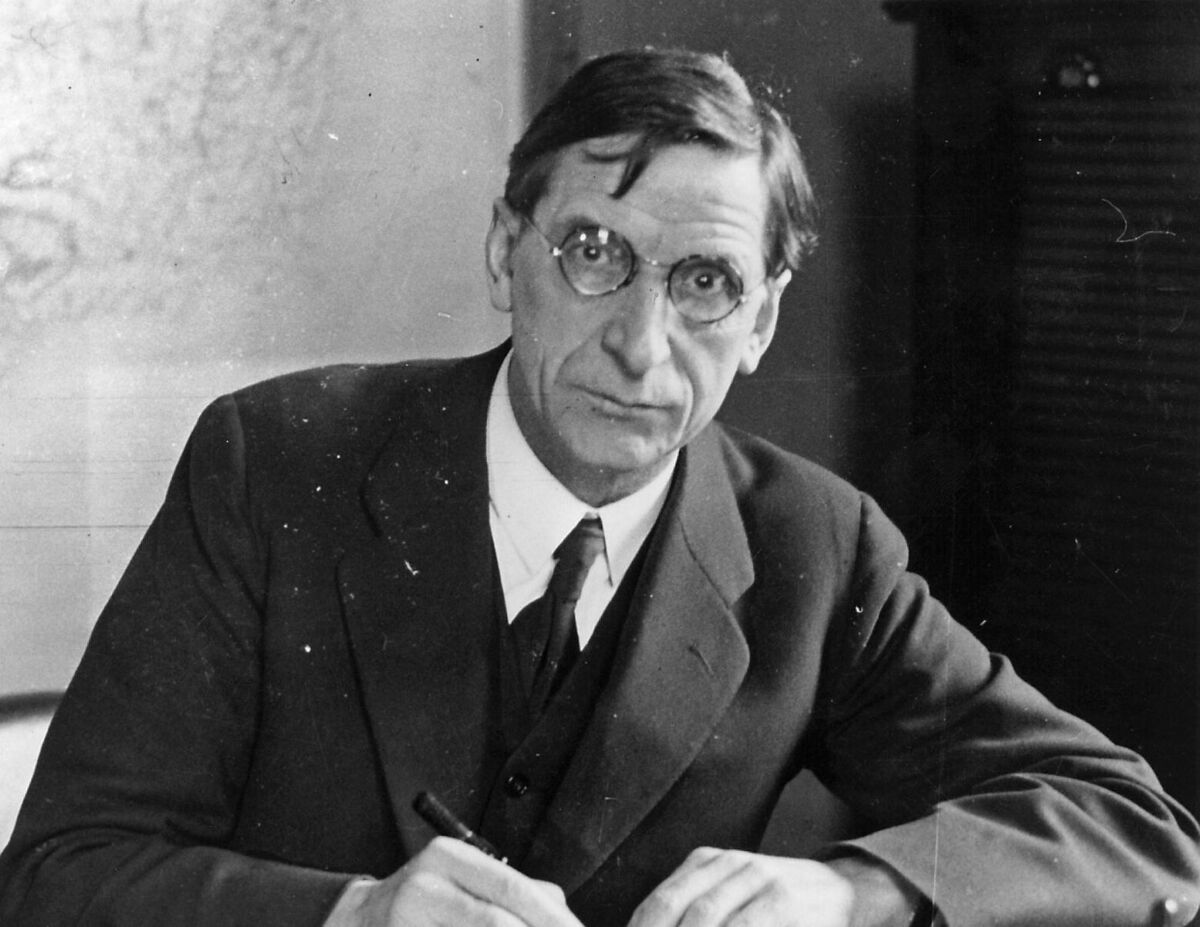
“I think it’s a bit nonsensical, and I don’t see any benefit in it, it will create an issue that doesn’t exist, I don’t see the purpose of wasting this council’s time.”
The motion did pass, but perhaps only due to an interjection from another Fianna Fáil councillor, John Sheehan, who offered a warning to his colleagues: “If we vote against this motion, the headline will be that Cork City Council votes to keep the condolence to Hitler.”
The motion was passed, and The Echo’s headline reflected this — but many councillors seemed to resent the corner they had been backed into.
Party groupings were split — Fianna Fáil’s John Sheehan and Colm Kelleher voted in favour; Tony Fitzgerald, Mary Rose Desmond, and Terry Coleman abstained; and Seán Martin and Fergal Dennehy voted against the motion.
Speaking after the meeting, Mr Dennehy told The Echo: “While some motions that are not directly related to the business of Cork City Council can be relevant, as they address issues affecting our communities and our city, others fall completely outside our remit as a local authority.
“In many instances, whether we support such motions or not is entirely irrelevant, as they do not align with the core responsibilities of our council.
“I do accept that on occasion, it is to show solidarity, which is admirable, but quite often we can do that without the requirement for numerous contributors to the debate.”
LACK OF 'INFORMED INPUT'
He explained: “These non-council motions are typically left until the end of the meeting, often well after 9pm.
“Unlike standard council motions, they are debated without the benefit of a report or executive guidance, which means discussions lack the necessary context and informed input that are essential for effective decision-making. This can lead to lengthy debates on topics that, while important in a broader societal context, do not contribute directly to the governance and administration of Cork City.
“In my opinion, some of these motions serve primarily as opportunities for grandstanding or political one-upmanship rather than meaningful contributions to council business.
“This is particularly unfair to council staff, who have already endured a long and demanding day.
“Expecting them to stay late for discussions that do not impact the council’s core functions places an undue burden on them and detracts from their ability to focus on more pertinent issues.”
Mr Dennehy added that the last non-council motion he had proposed was related to making changes to the community employment scheme to attract more participants, which he said directly affects every councillor through their work with local community and voluntary organisations.
He explained: “Addressing issues that have a tangible impact on our constituents is worthwhile, but we must be mindful of ensuring that the matters we debate remain within our scope as a local authority and serve a genuine purpose for the communities we represent.
“Many local authorities have a strict policy whereby no non-council-related motion will not be placed on the agenda for a meeting. I don’t believe that we should be that harsh, as it would inhibit us completely.
“I do think, however, that we should review this issue with a view to finding a compromise through the mechanisms that are already in place in Cork City Council, which are the corporate policy group and the party whips.”

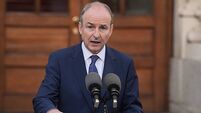


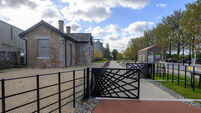

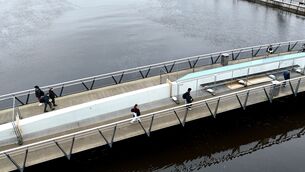



 App?
App?


